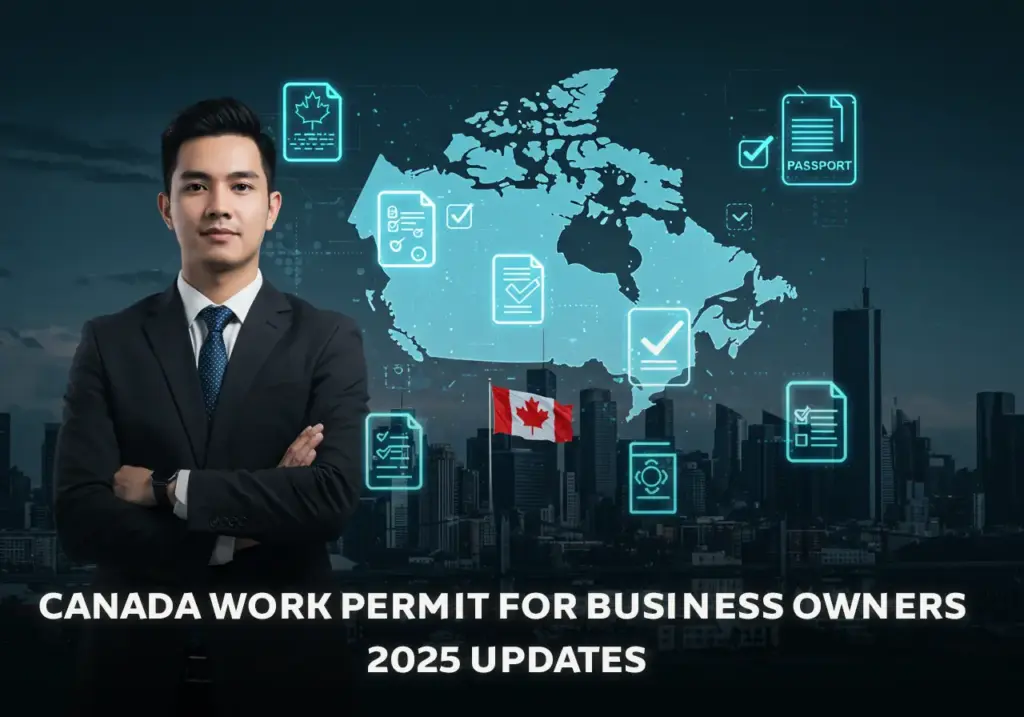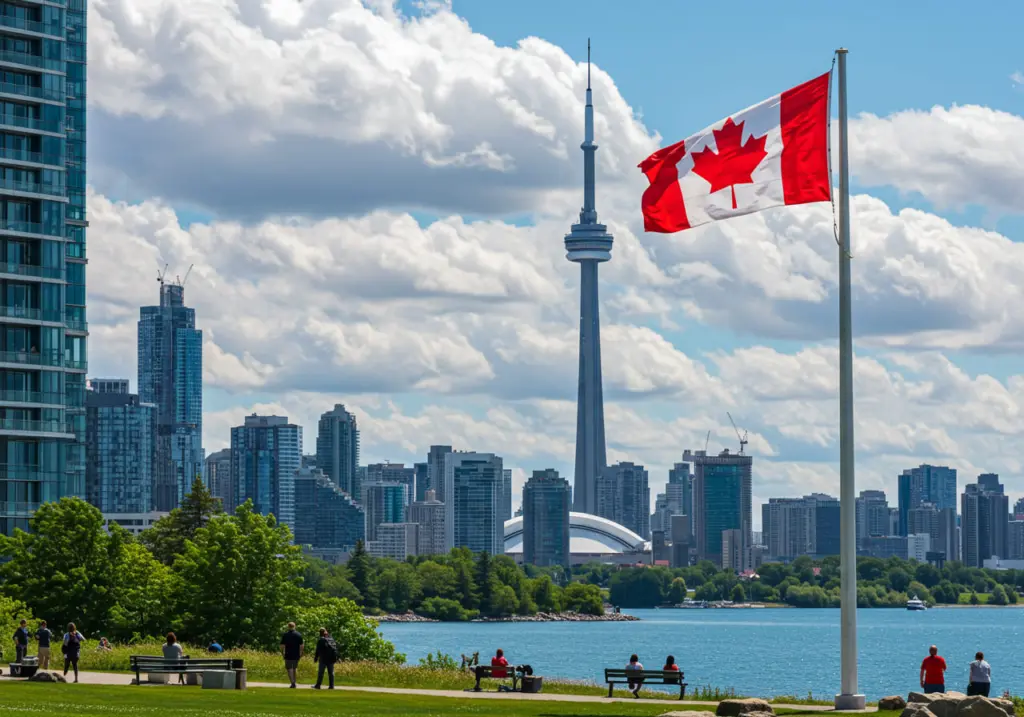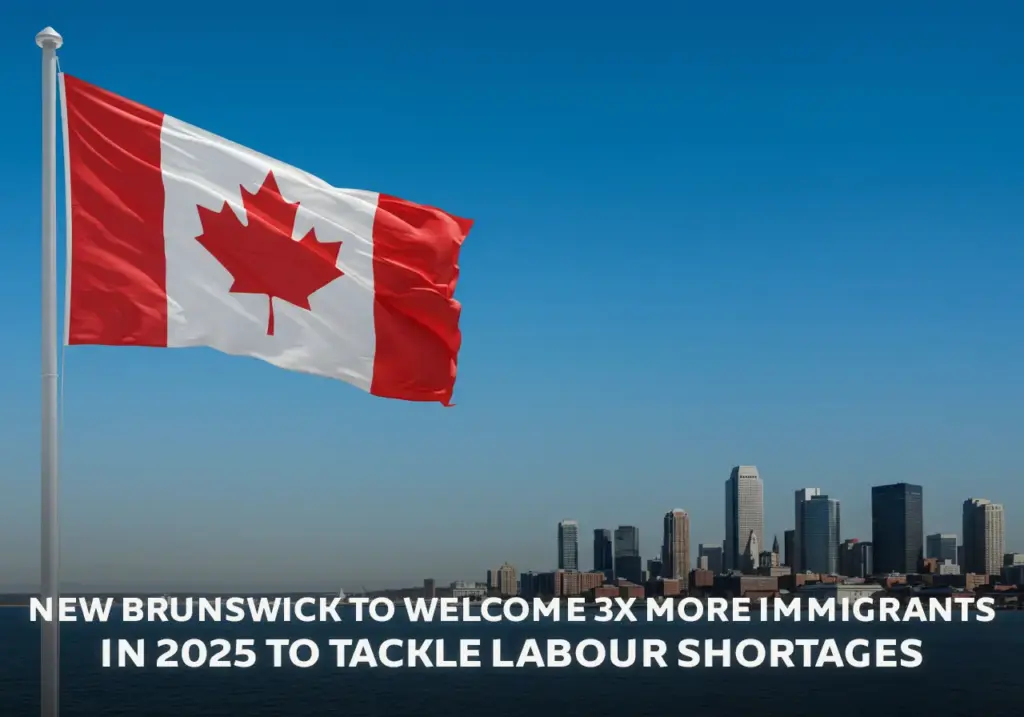How to Access Healthcare for Immigrants in Canada: A Step-by-Step Guide

Healthcare for immigrants in Canada is essential for newcomers who seek quality, accessible care. For many, the idea of navigating Canada’s vast public healthcare system can be daunting at first; however, once you learn the steps, the process becomes much simpler. This guide explains how to use the Canadian healthcare system, register for provincial coverage, and secure the services you need. Additionally, our expert tips highlight how to utilize private health insurance, access emergency services, and find specialized mental health support—helping you make informed choices during your transition. Secondary keywords such as “Canada healthcare system” and “provincial health insurance” further clarify key aspects of your journey.
Read Also, Immigrating to Canada as a Healthcare Worker
1. Understanding the Canadian Healthcare System
Canada offers a public healthcare system funded by taxes. This means many medical services come free when you need them. However, each province manages its own healthcare plan. Therefore, you must learn about the rules in your province.
Your provincial plan covers essential services such as doctor visits and hospital stays. Yet, each province sets different rules. For example, many provinces require you to register soon after arrival. In addition, getting healthcare for immigrants in Canada means you must follow each province’s unique guidelines.
Also, keep in mind that some services are not covered. Thus, you might need additional insurance. If you want to know more about different provincial systems, check this page: Provincial Health Plans in Canada.Remember, understanding the system is the first step in accessing healthcare for immigrants in Canada.
Find out if you are eligible to get in Canada →
2. How to Register for Healthcare in Canada
Once you arrive, you need to register for healthcare immediately. Each province has its own simple process. You must follow the required steps carefully.
Step 1 – Gather Your Documents
You will need the following:
- Proof of your immigration status (e.g., permanent resident card)
- Proof of your address (e.g., lease or utility bill)
- Government-issued photo ID (e.g., passport)
These documents prove you are eligible. Therefore, get these in order early.
Step 2 – Apply for a Provincial Health Card
Next, apply online or visit the local health office in your province. Each province uses its own method. Make sure you follow the proper instructions. In doing so, you ensure smooth access to healthcare for immigrants in Canada.
Step 3 – Wait for Your Coverage
Many provinces impose a waiting period, sometimes up to three months, before your coverage starts. During this period, secure private insurance for any urgent needs. With private insurance, you get emergency coverage until your provincial plan kicks in.
For more details, please visit this resource: Provincial Health Plans in Canada.
By completing these steps, you fully enable healthcare for immigrants in Canada.
3. What Does Healthcare for Immigrants in Canada Cover?
After you register, your provincial plan covers many essential services. Typically, healthcare for immigrants in Canada includes:
- Doctor Visits: You can see a family doctor for routine checkups and general issues.
- Hospital Care: If you need hospital treatment, your plan covers most medical services.
- Surgery: Required surgical procedures are included.
However, some areas are not covered by public insurance. Often, healthcare for immigrants in Canada does not include:
- Dental Care
- Vision Care
- Prescription Medications
Thus, many immigrants buy private health insurance to cover these gaps. Private insurance helps fill the void and ensures complete care.In summary, understanding what is covered helps you better manage healthcare for immigrants in Canada.
4. Private Health Insurance: What You Need to Know
Even though public insurance covers basic services, it does not cover everything. Therefore, private insurance is important. It helps pay for extra services that are not in your public plan.
For instance, many prescription drugs are not covered. Additionally, dental and vision care are typically not included. Also, if you require visits to a specialist, extra costs can arise. Private health insurance helps pay these costs.You can get private insurance through your employer or choose an individual plan. Compare different plans to find one that meets your needs. By choosing private insurance, you improve your access to healthcare for immigrants in Canada.
Find out if you are eligible to get in Canada →
5. Healthcare for Refugees and Temporary Residents
Different rules apply for refugees and temporary residents. You should know your options if you fall into these groups.
Refugees
Refugees can get healthcare through the Interim Federal Health Program (IFHP). This program covers medical needs until you become eligible for provincial health insurance. IFHP is a key part of healthcare for immigrants in Canada if you are a refugee.
Temporary Residents
Temporary residents, such as international students and workers, might not get full coverage immediately. Some provinces offer limited coverage. Others require that you buy private insurance. Knowing this helps you plan your expenses.
For more details, check out Refugee Healthcare in Canada
Thus, understanding your status is critical for accessing healthcare for immigrants in Canada.
Read Also, No Immigration Medical Exams Needed in Canada Until 2029
Find out if you are eligible to get in Canada →
6. How to Find a Family Doctor
A family doctor is essential for your overall care. In Canada, you should find a family doctor quickly. Your family doctor serves as your first point of contact for health issues.
Here is how to find one:
- Use the Provincial Website: Many provinces provide doctor search tools. This makes it easy to find a physician who accepts new patients.
- Visit Local Walk-In Clinics: If you cannot find a family doctor right away, try a walk-in clinic. This offers quick care until you register.
- Register at a Community Health Centre: They help you find doctors and may provide immediate care.
By taking these steps, you improve your ability to access healthcare for immigrants in Canada.
Read also, Marc Miller’s Plans for Immigration in 2025
7. Mental Health Services in Canada
Canada offers a wide range of mental health services. New immigrants can benefit significantly from these services. Your provincial plan usually covers many mental health services. However, you might need a referral from your family doctor.
Additionally, some provinces have special mental health programs for immigrants. In this section, we compare mental health services in Alberta and Ontario (Toronto).
Mental Health Services in Alberta
In Alberta, mental health services come under Alberta Health Services (AHS). These services cover visits to family doctors and psychiatrists. Alberta also offers:
- Counseling and therapy programs
- Addiction support services
- A 24/7 crisis support line
- Community programs tailored for immigrants
By using these services, you get complete support for healthcare for immigrants in Canada.
Mental Health Services in Ontario (Toronto)
In Toronto, Ontario Health Insurance Plan (OHIP) covers a wide range of mental health care. Toronto provides:
- Therapy and counseling in multiple languages
- Immigrant-specific mental health programs
- Community clinics with culturally sensitive services
- Support for issues like stress and cultural adjustment
Key Differences
- Language Access: Toronto offers more languages in mental health services than Alberta.
- Specialized Programs: Ontario has more immigrant-specific programs. In contrast, Alberta integrates services with general healthcare.
- Crisis Services: Both provinces provide crisis support. However, Alberta’s 24/7 crisis line is well-known.
For more information, visit Alberta Health Services Mental Health and Addiction and Ontario Mental Health Services.
By comparing the two, you can see how healthcare for immigrants in Canada addresses mental health in different ways.
Find out if you are eligible to get in Canada →
8. Emergency Healthcare Services
In an emergency, you must act fast. Canada provides emergency healthcare 24/7. Simply call 911 or go to the nearest hospital. Emergency services are mostly free under your provincial plan.
However, note that some provinces charge for ambulance services. Always check your plan details to know what to expect. In any urgent situation, call 911 immediately. Using prompt action ensures you get access to healthcare for immigrants in Canada when you need it most.
9. Important Tips for Newcomers
To make the most of healthcare for immigrants in Canada, follow these tips:
- Register Early: Apply for your provincial health insurance as soon as you arrive.
- Keep Your Documents Ready: Always carry your health card at doctor visits.
- Get Regular Checkups: Preventive care is crucial for long-term health.
- Consider Private Insurance: This covers dental, vision, and prescriptions.
- Stay Informed: Healthcare rules change. Check your province’s website regularly.
- Ask for Help: New immigrant centers can help you navigate the system.
Following these steps helps improve your overall access to healthcare for immigrants in Canada.
10. Your Path to Canadian Healthcare
Accessing healthcare for immigrants in Canada becomes simple once you understand the system. By registering early with your provincial health plan, you unlock access to quality medical care. Additionally, using private insurance for extra services such as dental and prescriptions fills any gaps.
Remember also to find a reliable family doctor and use mental health services when needed. Emergency care is always available if you act quickly. Finally, stay informed and maintain regular checkups.
In summary, your journey to healthcare for immigrants in Canada starts with learning, registering, and staying proactive. For full details, visit the Government of Canada’s Healthcare Page.











